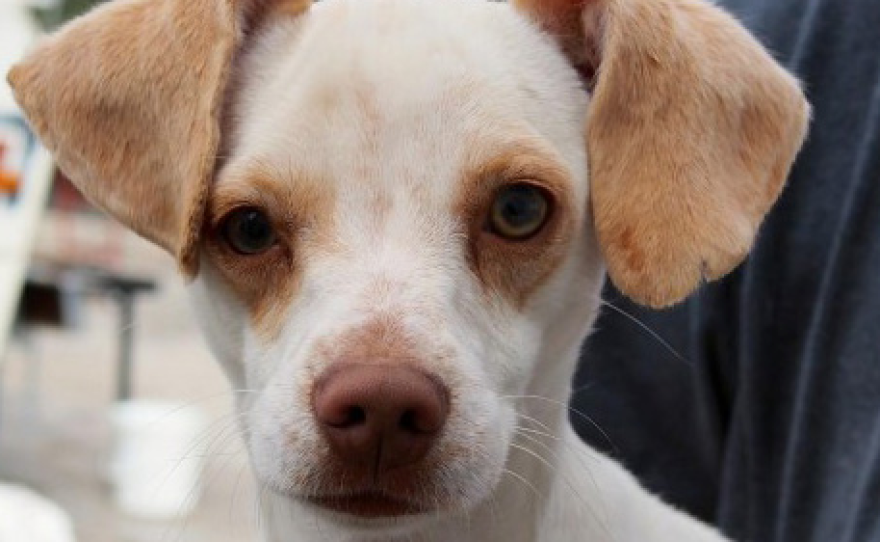Pet food in Mexico used to be tax-free. Now pet owners are paying a 16 percent tax on pet food, a product that was already more expensive in Tijuana than it is in the U.S.
Dog rescuers in the area feel the burden and they fear the added expense will cause more animals to be abandoned or neglected.
The new tax is part of a package of tax reforms that is aimed at making Mexico's budget more viable. The pet food tax is justified by a government that considers owning a pet to a luxury, subject to a luxury tax.
Tijuana resident Brenda Martinez owns two Labradors. They were born from the same litter and she’s had them for seven years. With the greater cost of dog food she said she'll only be able to keep one. She’s surrendering the other one to a shelter.
Richard Massa is president of the Friends of the Tijuana Humane Society, which offers free dog food for rescuers, and medical care for poor pet owners. He estimates there are seven thousand stray dogs on the streets of Tijuana that need immediate attention, because of disease or starvation. Far more dogs are only nominally owned, and might be fed or cared for occasionally.
“From our meeting with the director of the Perrera, the pound, he feels there are at least 100,000 that would need some attention or another, they’re either loose on the streets or they’re chained up in vacant lots,” Massa said.
To help remedy the problem, the Tijuana Humane Society offers free spay and neuter clinics in local community centers. A group of Mexican and American veterinarians volunteer to operate on the pets.
Josh Pratter, the director of Baja Dog Rescue, said he runs the largest no-kill shelter in Tijuana. His group is already seeing the result of the dog food tax on the kinds of dogs found abandoned in the city.
“We’re seeing a larger dog on the street now. Bigger dogs are consuming more food so it’s more costly to have a bigger dog. They want a smaller dog so the cost is less on a weekly or monthly basis for them,” Pratter said.
They give food and free or low-cost medicine to pet owners. In addition to spaying and neutering the animals, they also treat dogs with distemper and quarantine those with parvo. They’re enjoying a high rate of success in bringing the animals back to health.
An estimated 1,000 dogs are treated on an outpatient basis, but Baja Dog Rescue also houses 500 dogs a year. The group crosses the border to find new homes for these abandoned pets by holding adoptions every Saturday at the Sports Arena Petco.
Both Baja Dog Rescue and the Friends of the Tijuana Humane Society rely on donations from the public to continue their work.





